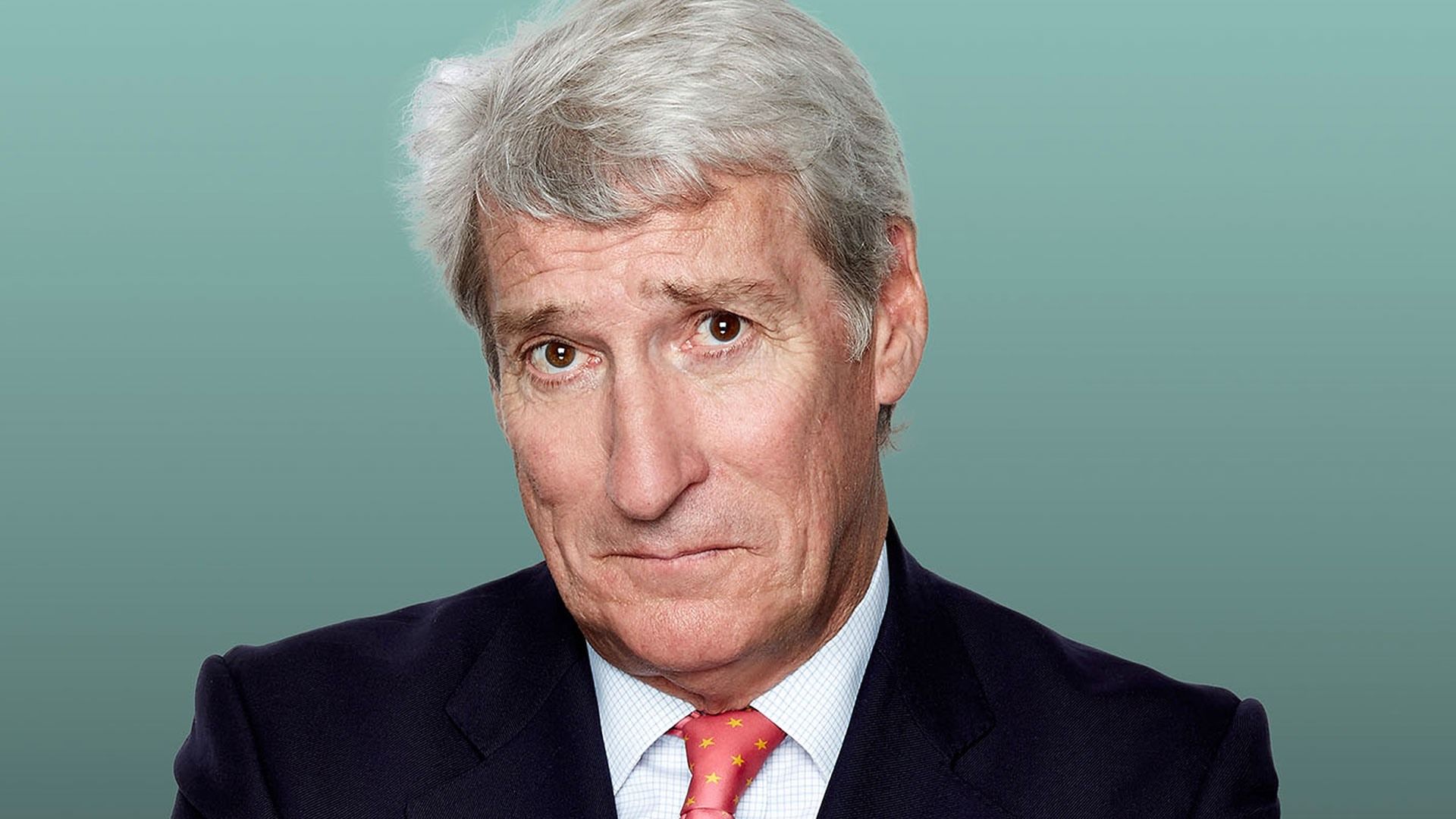What is the state of political interviews today?
The genre of political interviews lies on something of a precipice. To start with, the giants of the scene seem to be dwindling, and with them, there is some worry the genre itself may fade. Indeed, Andrew Neil (a TV staple for many years) has confirmed plans to step down from his position as host of headline show Sunday Politics, while Jeremy Paxman’s departure as presenter of Newsnight after 25 years just a few years ago certainly shocked the genre. The elevation of relative unknowns like Sophy Ridge, and the disappointing ratings her Sky show has received, also suggests to many people a genre in crisis.
While it is certainly true that change is here and more is coming, we must beware of conflating change and the end times. I grew up on tales of my father watching similar programming in the 70s and 80s; although the genre has changed over the years and had ups and downs, it has always been there, and some transitional uncertainty isn’t going to change that. Indeed, this genre still pulls in massive figures in politics and still dominates the headlines each week. I’m sure we all remember, during the last few general elections, the esteem placed on interviews with the party leaders by the likes of Jeremy Paxman.
For them, these people are simultaneously a Tory propaganda machine and leaders of the liberal media conspiracy
Maybe more worrying is the growing trend of visceral hatred directed by some towards the genre. To me it kind of seems these political interviewers serve as the political embodiment of Schrodinger’s cat to misguided people across the political spectrum. For them, these people are simultaneously a Tory propaganda machine and leaders of the liberal media conspiracy. People like Andrew Marr, Robert Peston or Andrew Neil are perpetually criticised over how they do their job or their perceived political biases (Marr recently was in the news for supposedly biased interviews with John McDonnell and Jeremy Corbyn). It is possible that these criticisms could have some substance (Neil has been criticised for a worryingly friendly relationship with Conservative MP David Davis, although he has claimed there is nothing to the accusations), for the most part people get angry because they don’t like the idea of someone questioning their political ideology in any manner.
If you want any evidence of this, just look at the fact that Laura Kuenssberg had to be assigned a bodyguard when attending the Labour conference due to a fear of physical assault from certain dogmatic leftists who believed her to be biased. The whole thing was utterly shocking for almost everyone, including fellow leftists like me. While her field is slightly different, the idea still remains. In a search for supposed impartiality and fairness people on the left and right of politics, rather ironically, seek to silence people who actually work with political impartiality. It really seems like we live in a crisis for the genre.
In face of all this, however, I would simply say: so what? So they aren’t popular with some right now – in my mind, all that means is they’re just doing their job well. Sometimes good journalism doesn’t lead to answers or result that everyone likes. Do you think The Boston Globe was winning any popularity contests with devoutly Catholic Bostonians after it unveiled a paedophilia scandal in their beloved church? Does this mean their work was any less vital? Should the questions they asked really have been left unsaid? The truth is that if political interviewers are to be any good, they have to ask questions to that some people won’t like. Their job is still a necessary one, however, if we want our democracy to remain pluralist and open to scrutiny. If that makes them unpopular, so be it. For what it is worth, I’ll support them throughout.

Comments